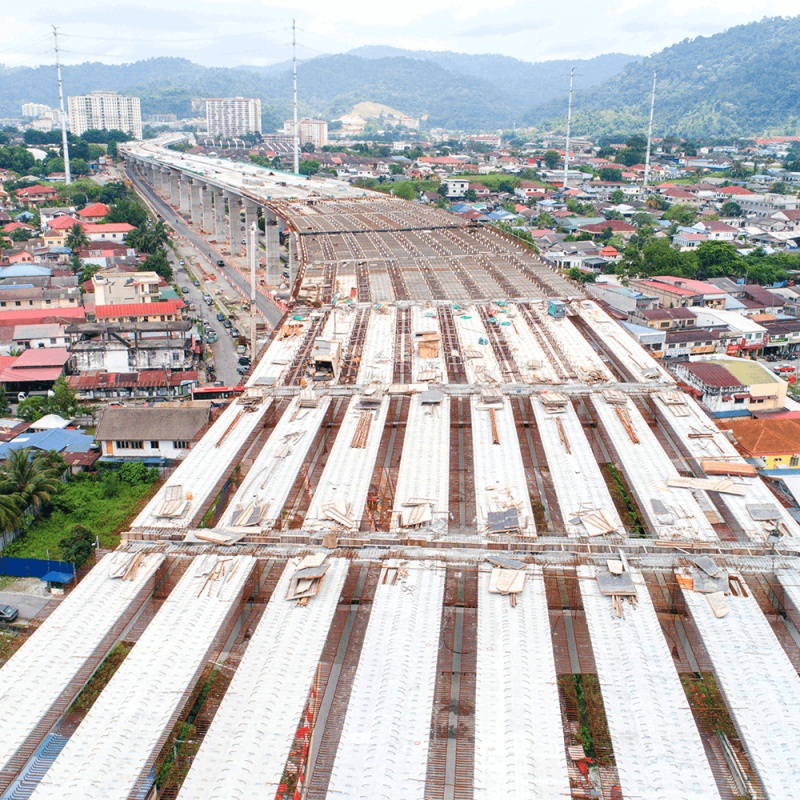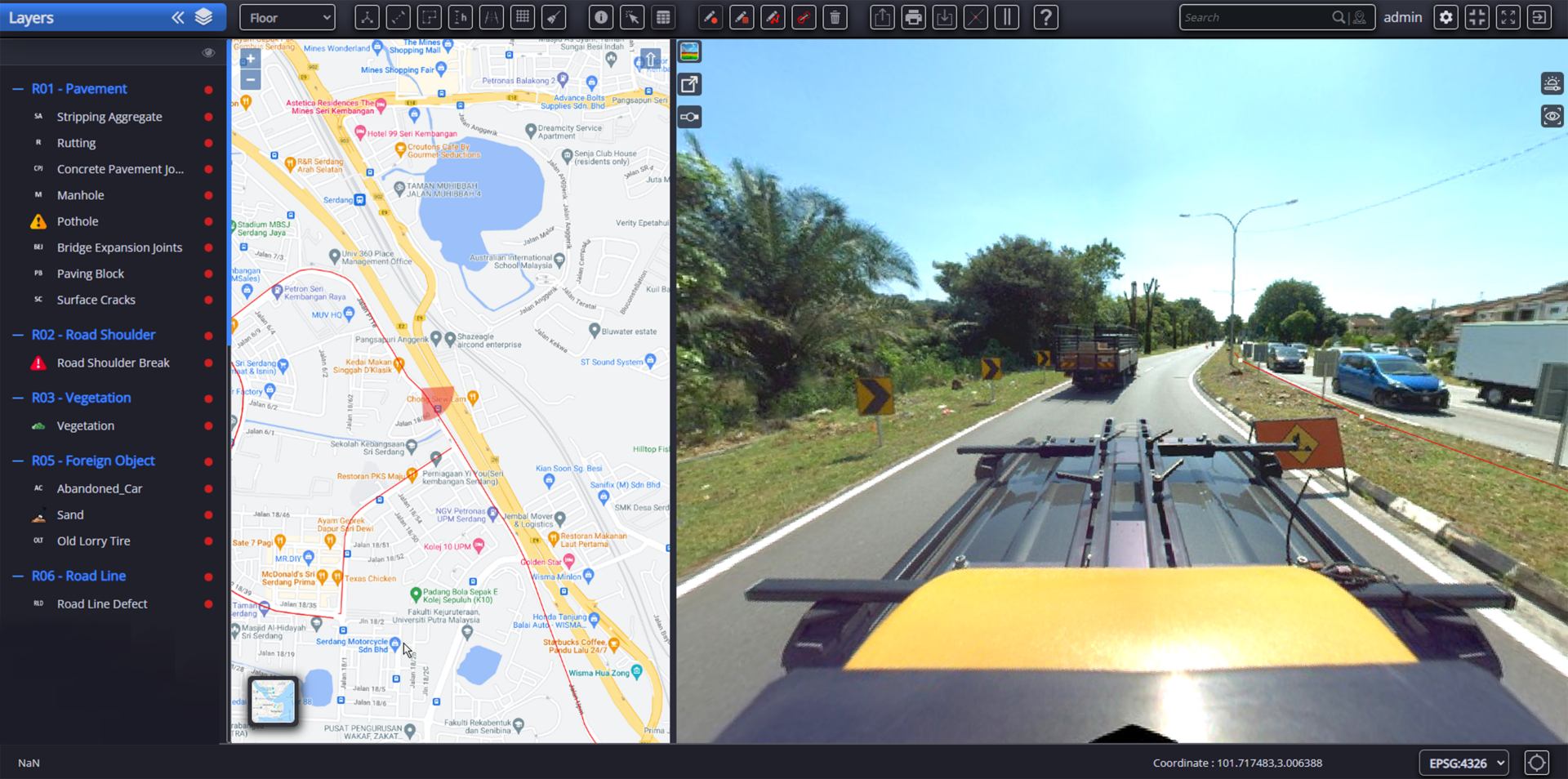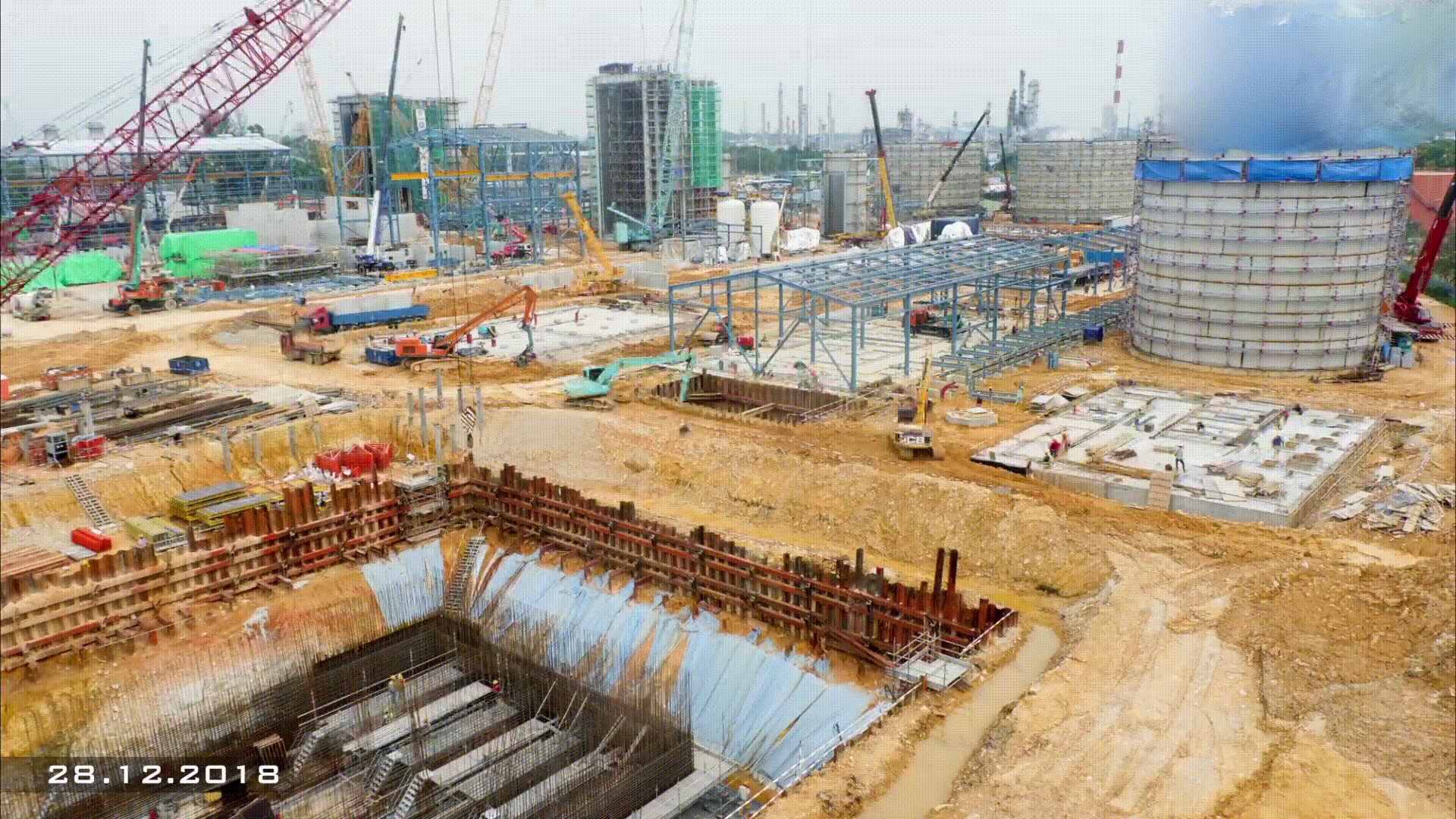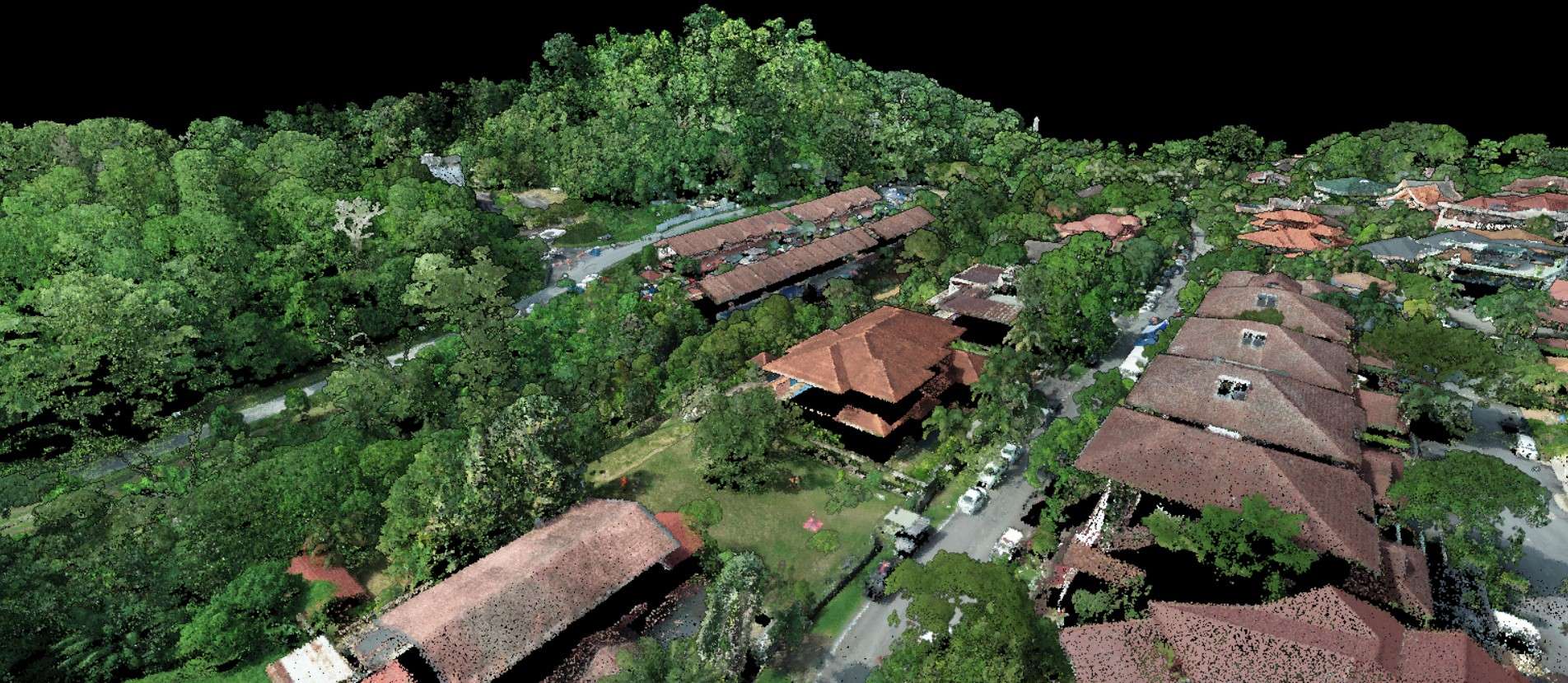GEOSPATIAL INTELLIGENCE TECHNOLOGY FOR Construction & Infrastructure
Reduce Wastage, Monitor Progress Using Latest Geospatial Technology
Background - Construction & Infrastructure
Disadvantages of traditional methods in Construction & Infrastructure
Cost more man hours
Imprecise Measurements
Reliance on Paper Maps
Prone to Human Error
Progress Monitoring
Data Produced: RGB & LiDAR
Benefits
Infrastructure And Asset Inventory
Data Produced: RGB, LiDAR, 360 degrees
Benefits
Time-Lapse Monitoring
Time-lapse videos show how an area is revitalised by building something new or removing something old and whether it was done efficiently and with consideration to the environment and surroundings.
Utilising construction time-lapse video cameras offers a range of benefits that drive results for your company beyond the duration of your projects.
Data Produced: RGB, Video
Benefits
Utilising Geospatial Intelligence Technology
Mapping and Visualisation
Data collection and analysis
Navigation and location
Monitoring and assessment
AECA Can Help You Obtain Meaningful Data With These Easy Steps
How Aeca adds value in Construction & Infrastructure
Capture, Process and Analyse Data.”
Capture Data
VTOL Drones
Our Vertical Take Off and Landing (VTOL) drones are capable of covering large areas of up to 10 hectares within 1 hour of flight time.
This gives you as much coverage as an airplane without the extremely high costs, but for a longer duration per flight than a quadcopter, reducing number of flights required for a job.
High-Accuracy Sensors
Using powerful, high resolution cameras, we are able to capture sharper images, better that any consumer-grade cameras designed for cinematography.
Process Data
Just as importantly, AECA has the right hardware and software with the capability and capacity to translate raw data into actionable outputs.
The ability to capture data alone is not sufficient to obtain useful results.
Without powerful, high-speed processors with massive storage space, the data would just be that, data.
Analyse Data
A successful data acquisition or survey should be able to tell you what you should be doing next.
Picking which results to use for your intended purpose can be overwhelming.
AECA has the experience and expertise to help you analyse the results and determine the next courses of action to either save your business time and money, improve efficiency or increase profitability.
The best outcome would be where all of the above are achieved at once.
PAst Projects

FAQs
Geospatial Intelligence Technology for Construction Infrastructure is the use of advanced geospatial technologies, including remote sensing, geographic information systems (GIS), and building information modeling (BIM), to collect and analyse data for construction infrastructure projects.
It can provide accurate, efficient, and cost-effective solutions for construction infrastructure projects. This technology can also enable the collection and analysis of large amounts of data, allowing for better decision-making and planning, as well as improved safety and risk management.
Geospatial Intelligence Technology for Construction Infrastructure is used in a variety of applications, including site selection, planning and design, construction management, asset management, and risk assessment. This technology can also be used to monitor construction progress and detect potential issues, such as delays or cost overruns.
It can be used to collect and analyse a wide range of geospatial data, including satellite imagery, aerial photography, LiDAR data, GPS data, and other types of remote sensing data. This technology can also be used to integrate data from multiple sources, such as BIM models and sensor networks.
Geospatial Intelligence Technology for Construction Infrastructure can be used to improve project outcomes by enabling better decision-making regarding site selection, planning and design, construction management, asset management, and risk assessment. This technology can also help to reduce costs, improve safety, and increase efficiency.
We Do it for you

(Engage our services)
Tell us about your data needs and sit back while we acquire them for you.
No investment of assets required.
Do it Yourself







